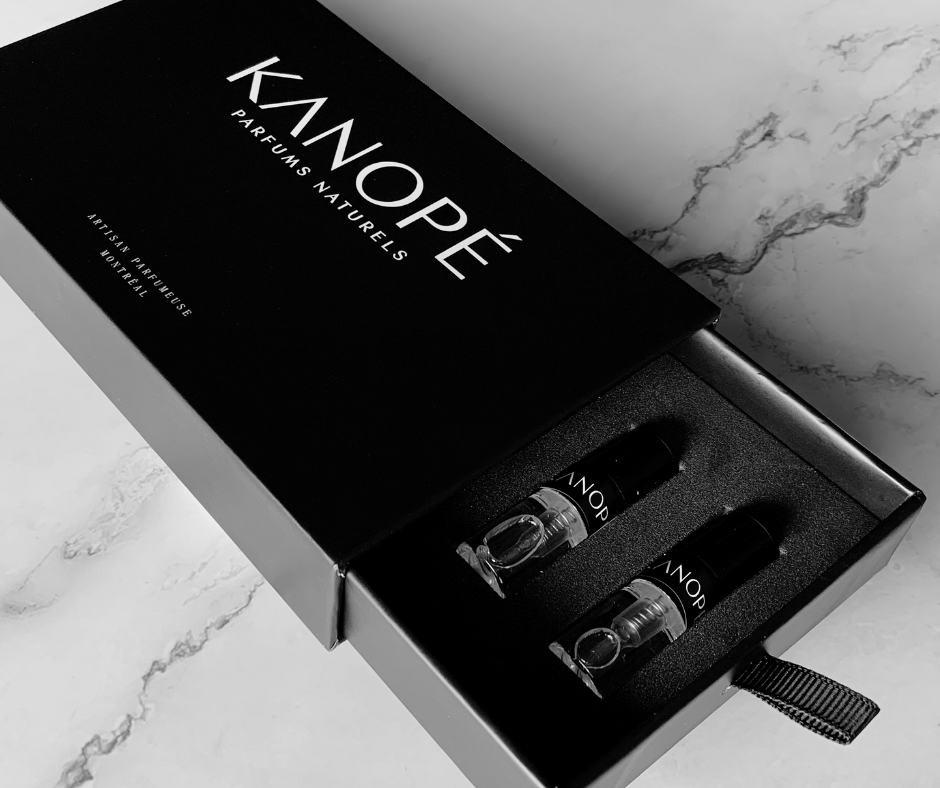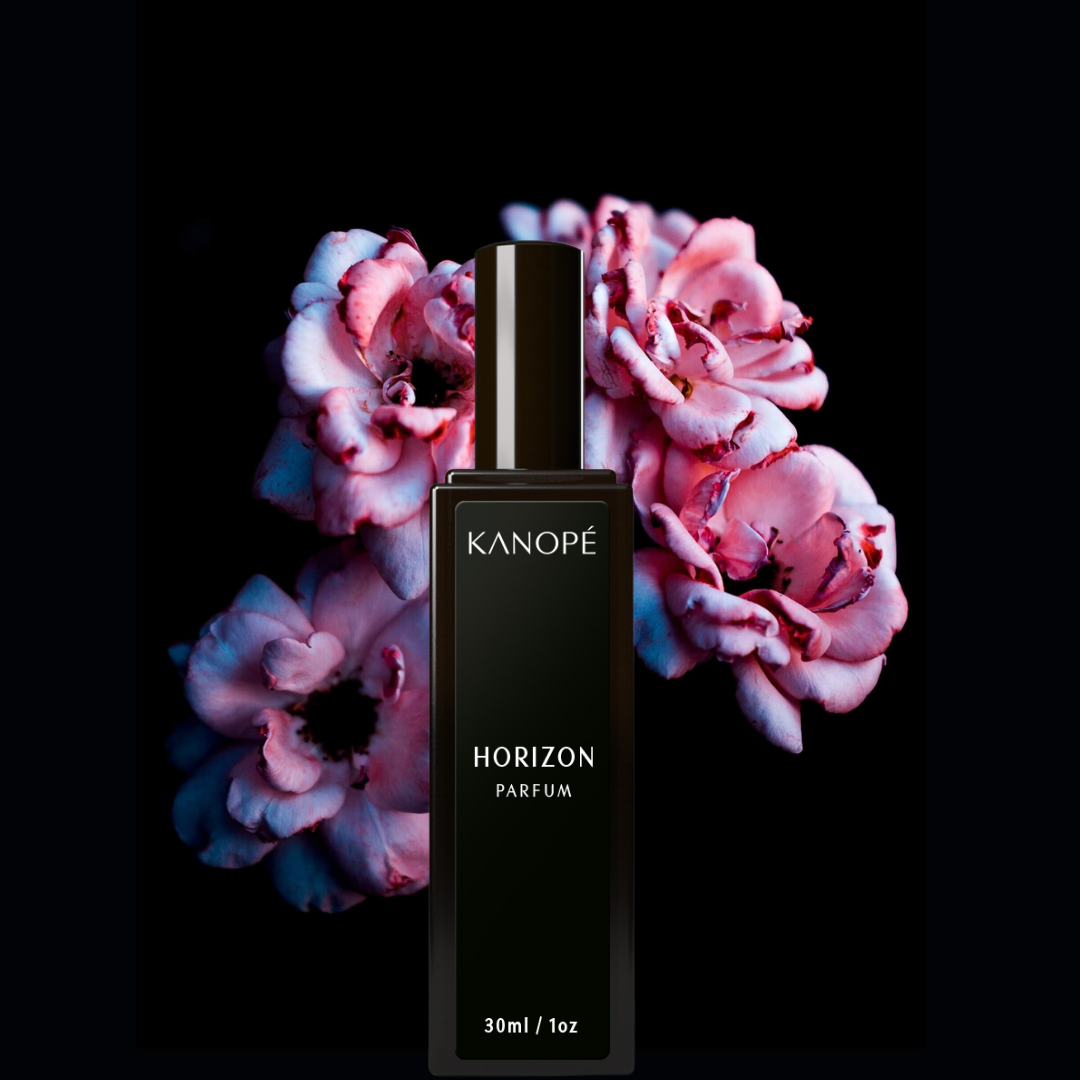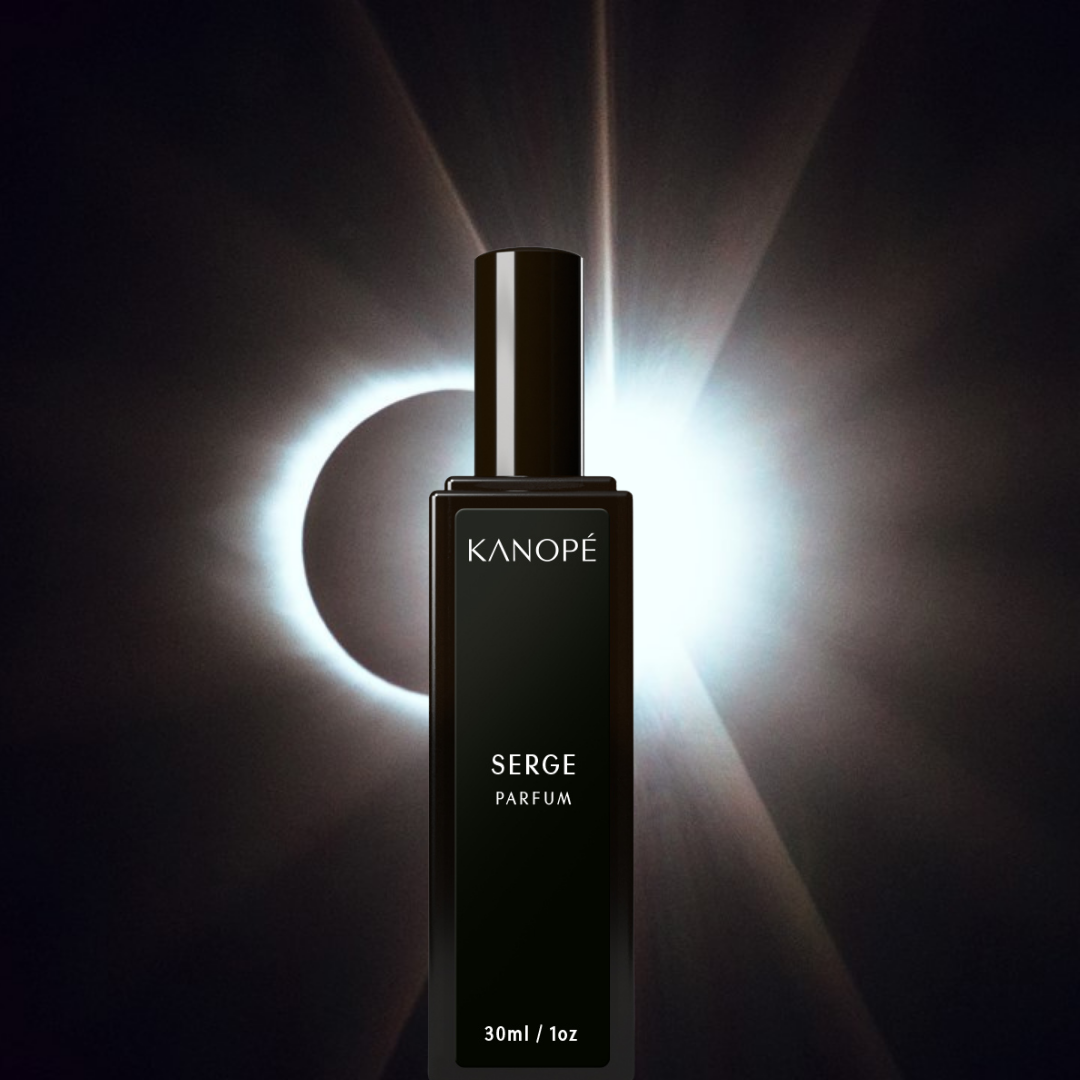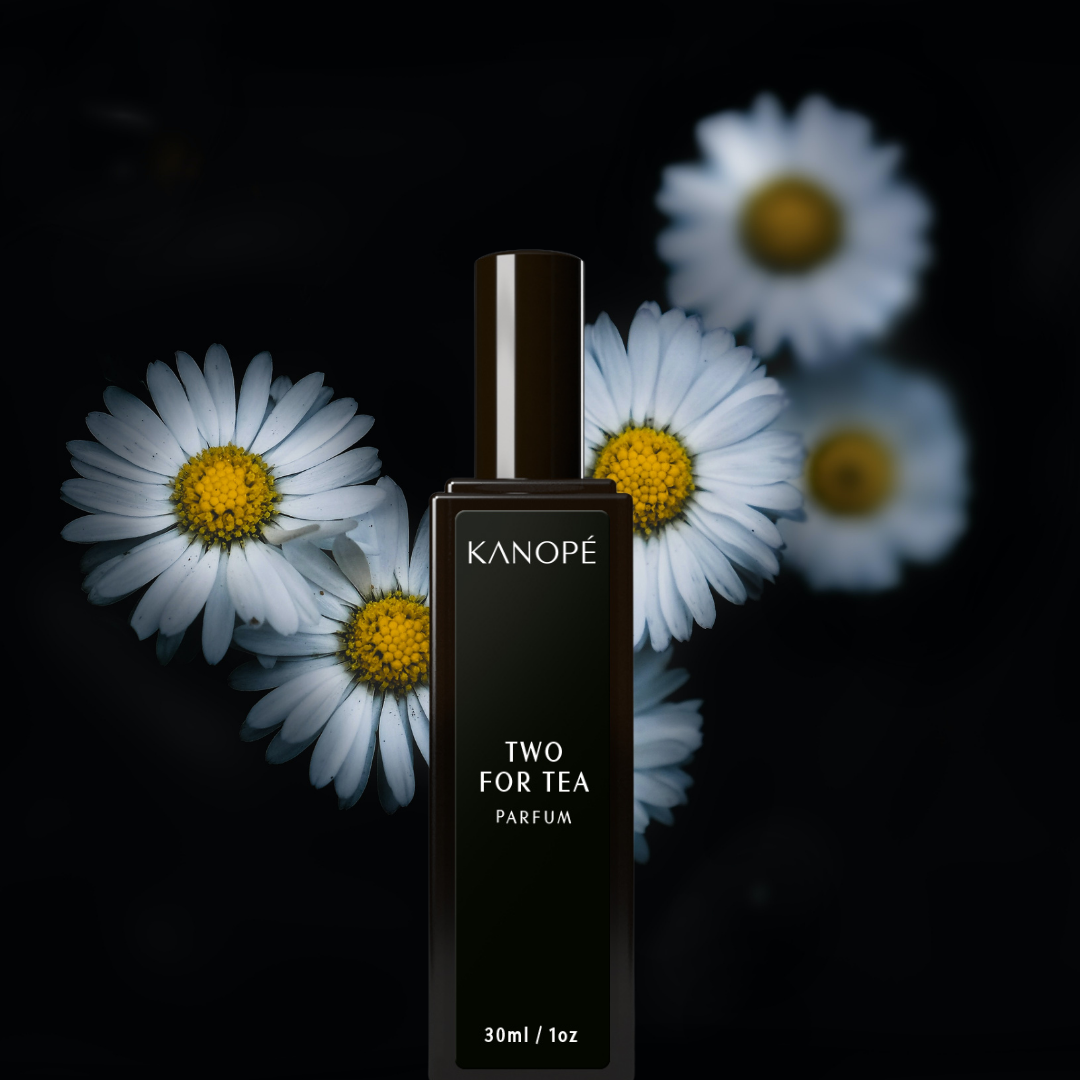Natural marine notes
Aqua Di Gio, Light Blue, l'eau d'Issey are some of the most popular aquatic fragrances thanks to their fresh feeling, so pleasant to smell and to wear. These fragrances composed of sparkling and iodized notes often remind us of seawater, and give an authentic and nature-like character to the perfume.

But why are they so popular? What is an aquatic note? Are there natural marine notes?
In perfumery, aquatic notes have a relatively recent history compared to other olfactory families.The use of synthetic marine notes only began in the mid-20th century, when scientific research made it possible to synthesize molecules that mimic marine odors. Before that, perfumers used natural ingredients such as ambergris, seaweed and sea salt. However, the use of these natural ingredients was limited due to their high cost and rarity. Ambergris, which is produced by whales, (animal substances - blog article) was one of the most valuable and widely used ingredients before the advent of synthetic marine notes. Due to its high cost, it was reserved for luxury perfumes and was often replaced by other cheaper ingredients.
The rise of the tourism industry in the 1960s also contributed to the popularity of aquatic notes in perfumery. Beach vacations became a popular activity, and fragrances began to reflect this interest in the seaside. These new molecules allowed perfumers to create fresh, light scents that evoked the salty air of the sea and warm sand.

The wild coast - Quiberon, Morbihan, France
The 'calone' presented in the form of powder reproduces to perfection the marine scents. It has an aqueous odor, evoking the iodine air, as well as a slightly green and aniseed note. Later, other molecules were created and used
Today, synthetic marine notes are commonly used in perfumery to create fresh scents, often associated with vacations, the ocean and outdoor activities. Less expensive and more readily available than natural ingredients, they have become popular with perfumers and consumers.
The use of these notes in perfumery reflects our fascination with travel and seaside vacations, as well as our desire to be able to capture in a bottle of perfume, those invigorating smells that take us back to our summer memories.
Synthetic versus natural marine notes
The main difference between synthetic marine notes and natural marine notes is the origin of the scent.Synthetic marine notes are created in a laboratory from synthetic molecules, which are designed to mimic iodine and coastal scents.
These molecules are generally cheaper and easier to obtain than natural ingredients. These synthetic notes are also more stable and predictable than natural ingredients, making it easier for perfumers to stabilize the scent. But even though these synthetic notes are becoming more and more controlled, it is still difficult to know what they are made of and whether they pose a risk to our health.
Natural marine notes come mainly from seaweed. Treated by extraction of volatile solvents, they offer a very refreshing sensation, with an iodized temperament. These notes allow you to find the euphoric sensations of the seaside and an instant energy.
Some essential oils can also be used to recreate this coveted scent, however the composition will be more complex. Concentrated extracts of plants, they offer another natural alternative to synthetic marine notes.
Here are some examples of essential oils that can be worked into a fresh, marine scent.
1. Rosemary essential oil - this essential oil has a slightly camphoraceous scent with notes that can be reminiscent of sea air and algae.
2. Sea Fennel essential oil - a seaside plant with a bitter, vegetal scent
3. Atlas Cedar essential oil - has a woody, mellow scent reminiscent of the woods or vegetation that can be found near beaches
4. Peppermint essential oil - penetrating and minty smell, it leaves a pleasant sensation of freshness, like a sea breeze.
5. Maritime pine essential oil - has a fresh, herbaceous and balsamic scent, reminiscent of the smell of the seaside.
Atao, an air of Brittany
At Kanopé Fragrances, we also have our little sailor.
Native of Brittany, it was obvious that I would pay tribute to this wonderful peninsula between land and sea. Atao, which means "always" in Breton, is a proof of my attachment to this piece of land in the north west of France and to all its richness and its legends.
Creating a marine fragrance with essential oils is not an easy task. The balance and stabilization of the fragrance is more complicated than with synthetic notes. It took me almost two years to achieve the desired result for this fragrance.
I imagined this olfactory universe as a beautiful walk on the beach, watching the horizon, lulled by the sound of the waves, by the soft warmth of the sun's rays and the caress of the wind on the face. To recreate this atmosphere, I worked on fresh and mineral accords, finely bitter with a touch of sunshine.
The woody and lemony trail of elemi resins reinforces the freshness and the finely bitter smell of lime. The jasmine Sambac and bergamot brings a solar facet associated with the mellow notes of Atlas cedar that recalls the vegetation present near the beaches. Finally, the incense, the opoponax resins and the oak moss reveal us a mineral and mossy trail.
Atao is an original, fresh and mysterious fragrance that will make you discover the beauty of the Breton seaside. So, put on your beautiful yellow raincoat and enjoy this marine breeze.















Leave a comment